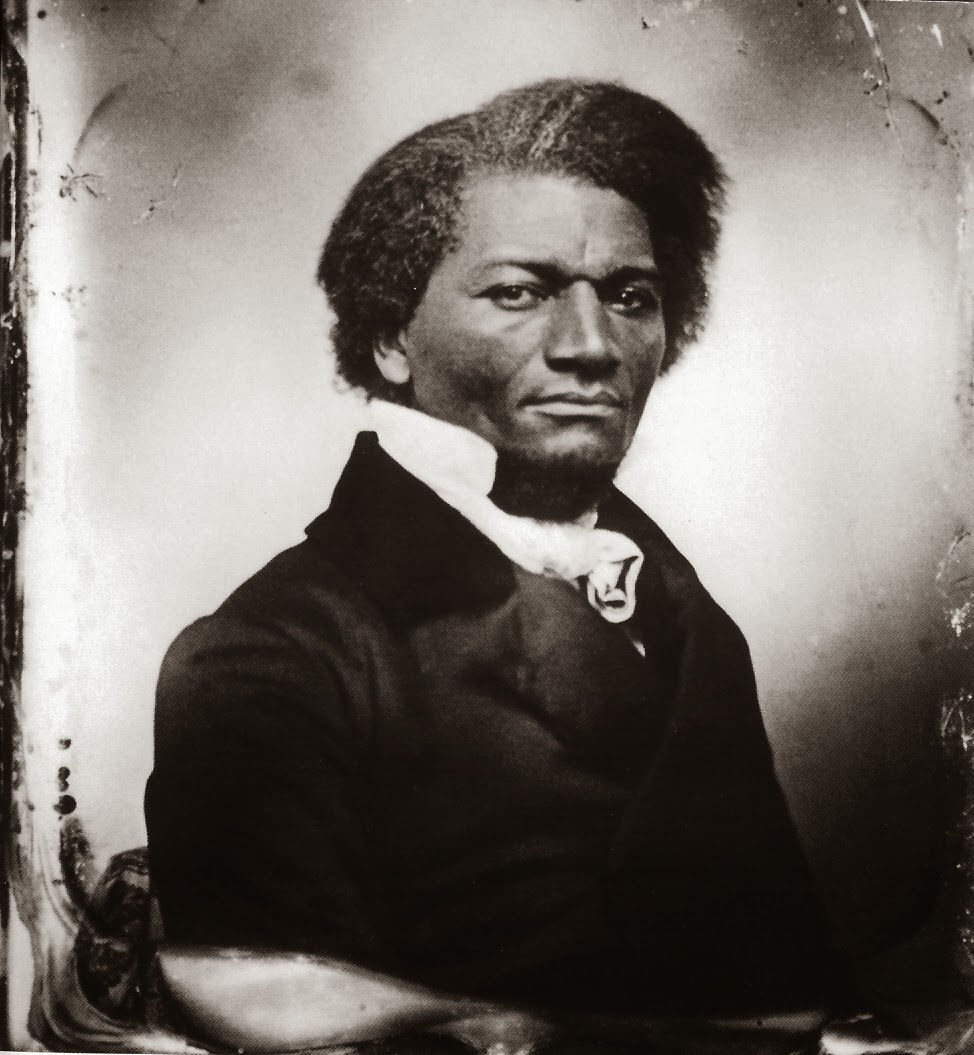Living Up to Our Constitution
- Rachel Ferguson
- Aug 14, 2018
- 2 min read
Frederick Douglass (1818-1895), escaped slave, abolitionist, and public intellectual, could be excused for doubting our Constitution; after all, it did in fact require the return of runaway slaves. Upon reflection, however, Douglass changed his mind, insisting that the real “problem is whether the American people have loyalty enough, honor enough, patriotism enough, to live up to their own constitution.”

We’re living through a particularly contentious moment when it comes to the relationship of the Constitution to our everyday lives. Case in point: several students handing out pocket Constitutions on various public college campuses have sued over being told they had to cease and desist…. and won. Free speech issues on campus, unrest over police action, even debates over Department of Family Services’ protocol; the next news story could easily involve you or me.
At the same time, our efforts in civics education have in many cases failed; studies show that Americans have a tenuous grasp on our own political system, and that hasn’t changed in the last 50 years. According to researchers at the University of Chicago, even when students learned more, it didn’t tend to affect their support for their own civil liberties!
It’s high time for a new approach – before it’s too late.
We need to meet students where they’re at: they care most about what affects them personally, and they’re interested in their professional prospects. At Lindenwood University, we’re engaging college and high school students on justice and the Constitution by discussing the Bill of Rights and the Supreme Court cases that shape our interpretation of them. But the rubber really meets the road when students apply what they’ve learned to mock cases and real, local cases as well.
Policing, journalism, and law all touch on our rights within the justice system: free speech, freedom of religion, protection from unreasonable search and seizure, the right to a speedy trial, and others. These are exciting fields that students can connect with by actually participating in mock crime scenes, press conferences, and trials. Students engage with local judges, police, and journalists to get direct contact with these professions – something YouTube can’t provide for them!
Knowledge is a wonderful thing, and knowledge of our own rights and liberties is essential. A whole bunch of bright, shiny things clamor for the attention of our young people. But nothing is more effective than participation; applying knowledge is the very best way to make it stick. And when what’s happening could be happening to you, or did in fact happen in your own town? Now you’re invested.
If we’re lucky, many of these students might even become convinced that we are still capable of living up to our own constitution, and not to give up on, as Douglass put it, “that glorious liberty document.”
Comments